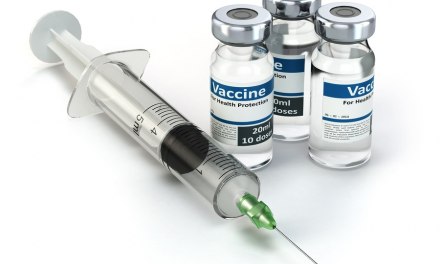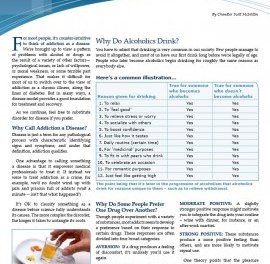Time for another look at sports gambling– not only as a big problem, but one that’s rapidly approaching crisis level.
Please note that total wagering on sporting events has increased from just under $5 billion in 2017, to more than $121 billion in 2023.
That’s right, a 24-fold increase in six short years. Almost all of it comes in the form of bets placed online. No glitzy casinos, no off-track betting parlors needed.
It’s logical to assume that the number of persons with gambling disorders will have escalated as well. Based on long experience with other addictions, somewhere between five and ten percent of gamblers will have developed a gambling disorder — mild, moderate, or severe.
That’s only a guess because of our persistent difficulties with budget cuts for surveillance, defined as “activities that allow a public health authority to identify, monitor, assess, or investigate potential public health signals, such as the onsets of disease outbreaks.”
In other words, our ability to track and monitor trends that would suggest that trouble is coming. Without good surveillance, the experts say, you’re just a pilot attempting to fly blind.
That why I was encouraged to find research of a new type, in this instance from the University of California at San Diego.
Study Reveals Surge in Gambling Addiction Following Legalization of Sports Betting
For various reasons, persons with gambling problems can be quite reluctant to acknowledge it. So in this case, a research team decided to monitor Internet traffic in the form of searches that addressed selected questions about gambling.
Such as “am I addicted to gambling?” Pretty basic stuff, but that’s what you do when the disorder you’re investigating is strongly stigmatized. As are gambling disorders.
“Look, I’m in recovery myself,” confessed one business owner. “I have all the sympathy in the world for those people. But no way would I hire somebody with a gambling problem. When those guys relapse, everybody around them suffers.”
I get the feeling we’re making the same mistake with gambling that we made with prescription opioids a few decades ago. Namely, we’ve gone ahead with full legalization without bothering to regulate any of the important aspects of the online market– such as advertising, or the availability of treatment.
That’s how we got stuck with an opioid epidemic. It promises to do the same for online sports wagering. To quote the article:
“History has shown that unchecked industries… inflict immense harm before regulations catch up. We can either take proactive steps to prevent gambling-related harms or repeat past mistakes and pay the price later.”













